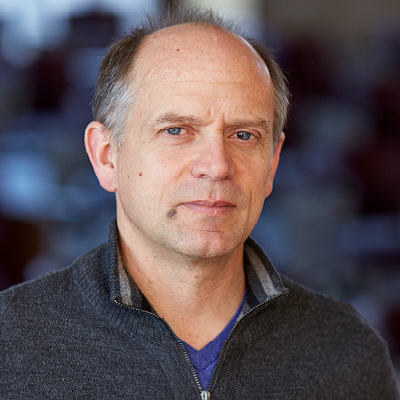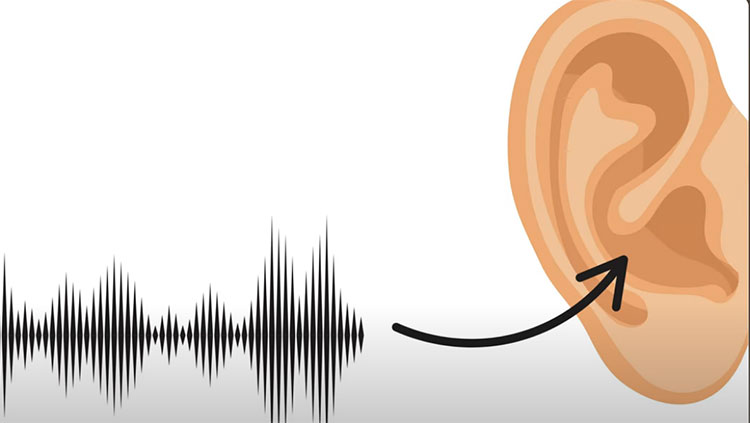Aha! The Eureka Moment and Creative Problem Solving in the Brain
- Published26 Feb 2019
- Reviewed26 Feb 2019
- Source BrainFacts/SfN
Sometimes people solve problems, especially ones they’ve been stuck on, with a breakthrough that seems to come from nowhere. Such sudden insights generate feelings of surprise yet confidence – the Eureka! or Aha! moment. It won’t surprise you to learn that, despite subjective experience, these insights do come from somewhere, and that place is the brain. In this talk, Mark Beeman, former Chair of Psychology at Northwestern University, describes how research using multiple tools of modern cognitive neuroscience has begun to trace the complex network of cognitive and neural processes that come together to create sudden insight. Although science can’t offer a cookbook recipe for improving insight or creative thinking, this webinar will discuss several factors that, when the time is right, are conducive to facilitating sudden breakthroughs.
Attempt this puzzle before you watch the webinar to test out your own creative problem solving skills.
Once you’ve tried the puzzles, you can view the answers here.

Speaker
Mark Beeman is Professor and recent Chair of Psychology at Northwestern University, studying the brain bases of creative problem solving, how mood affects attention and cognition, and how solving can benefit from incubation periods, including even sleep. His research has been funded by the National Institutes of Health, National Science Foundation, and other federal and private agencies.

Moderator
Dr. Roberta Diaz Brinton leads the Center for Innovation in Brain Science at the University of Arizona whose mission addresses neurodegenerative diseases of aging, Alzheimer’s, Multiple Sclerosis, Parkinson’s and ALS. She is also Professor of Pharmacology, Neuroscience and Neurology at the University of Arizona College of Medicine. Brinton is an expert in the systems biology of Alzheimer’s disease and is developing the first regenerative therapeutic to regenerate the degenerated brain. Her research has been continuously funded by the National Institutes of Health and for over two decades by the National Institute on Aging.
CONTENT PROVIDED BY
BrainFacts/SfN
Also In The Arts & The Brain
Trending
Popular articles on BrainFacts.org

















